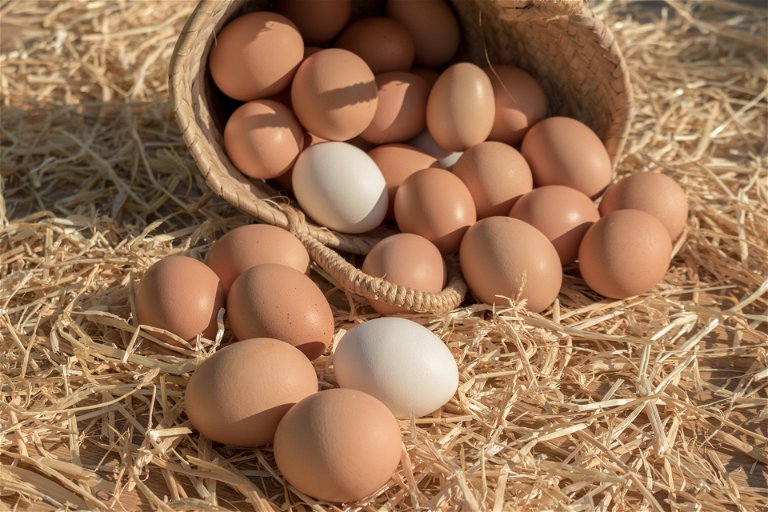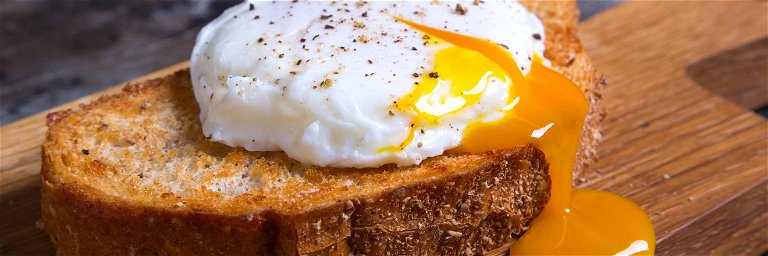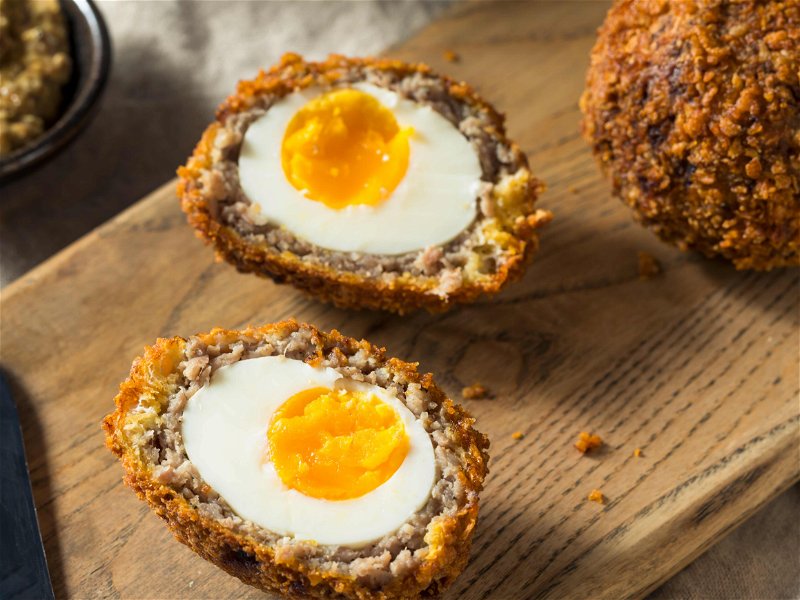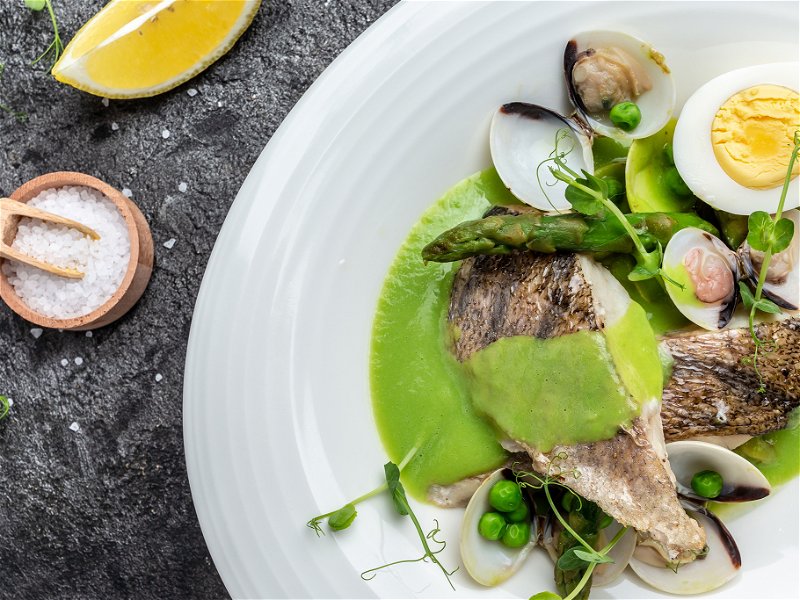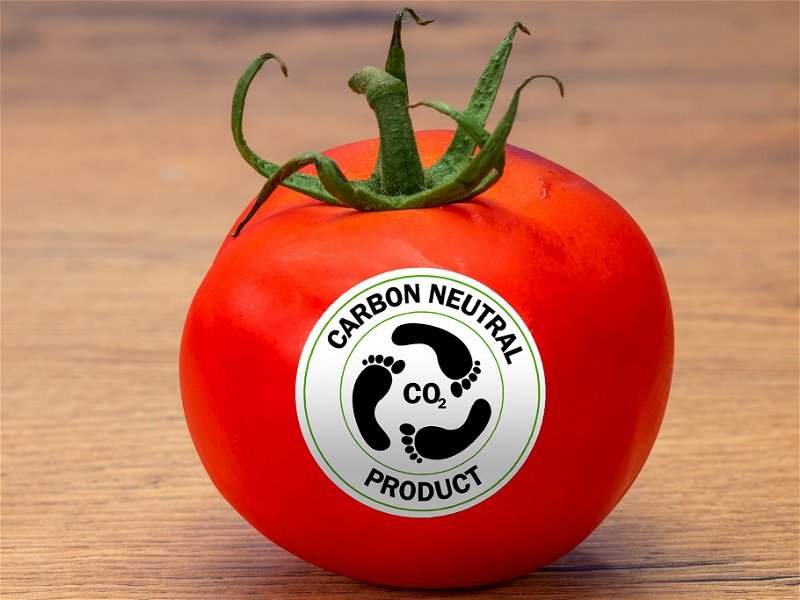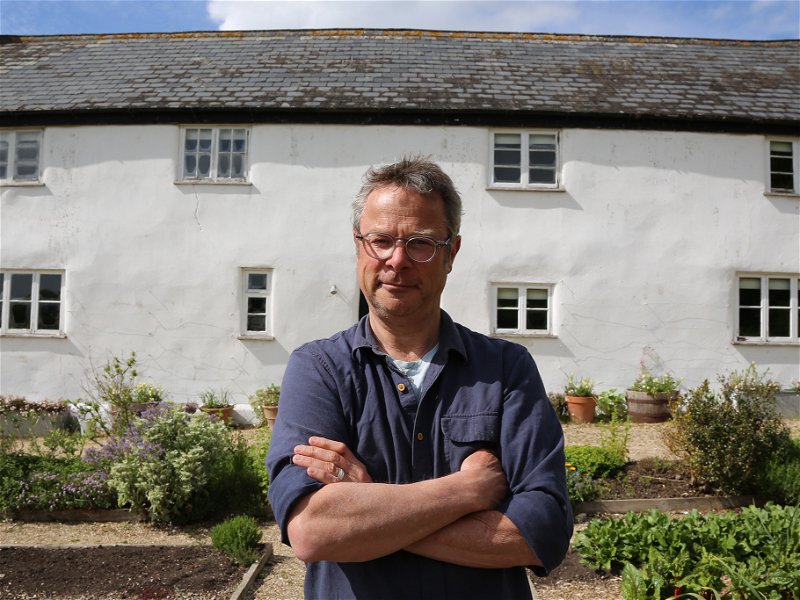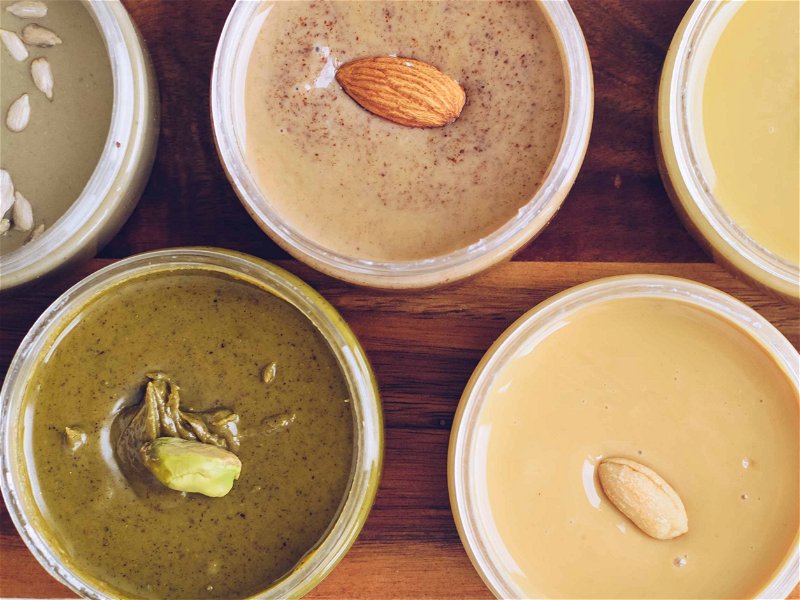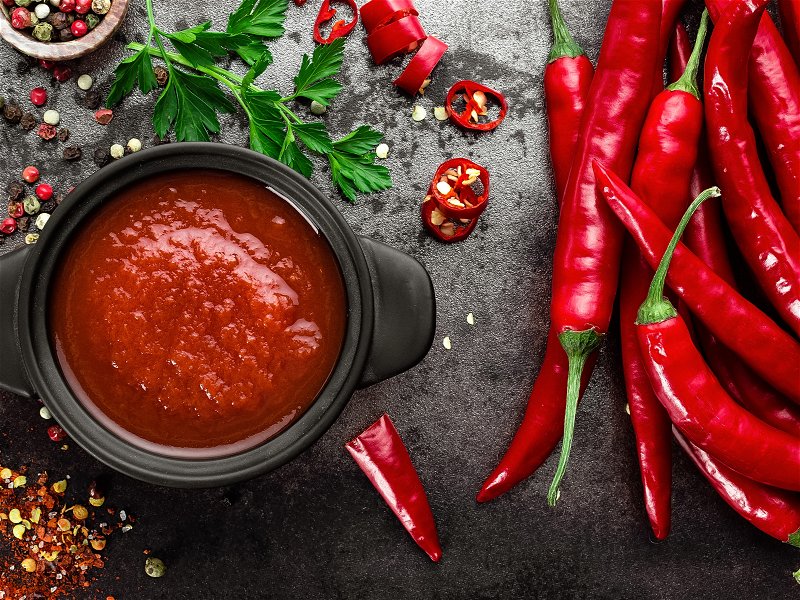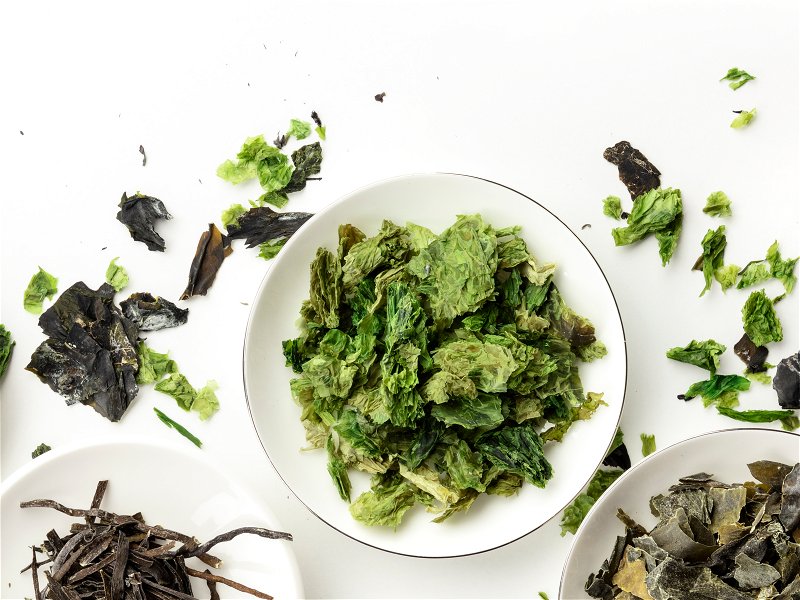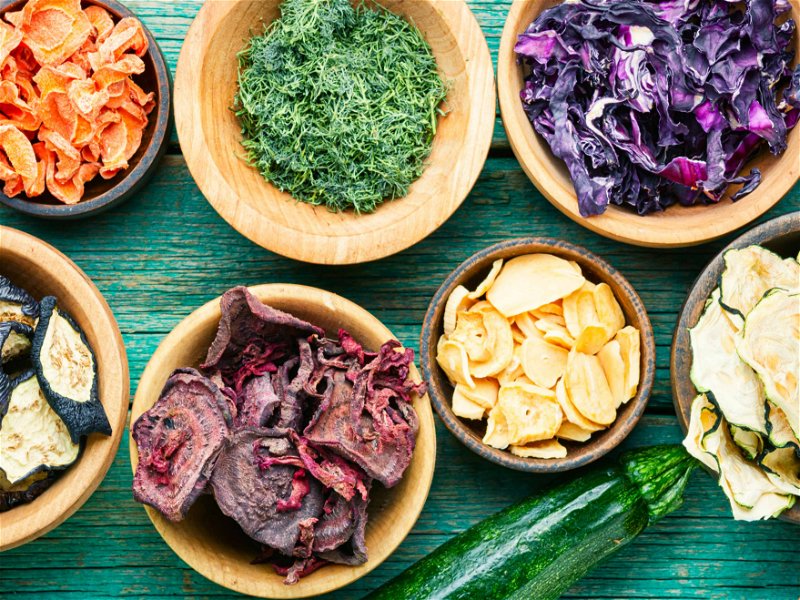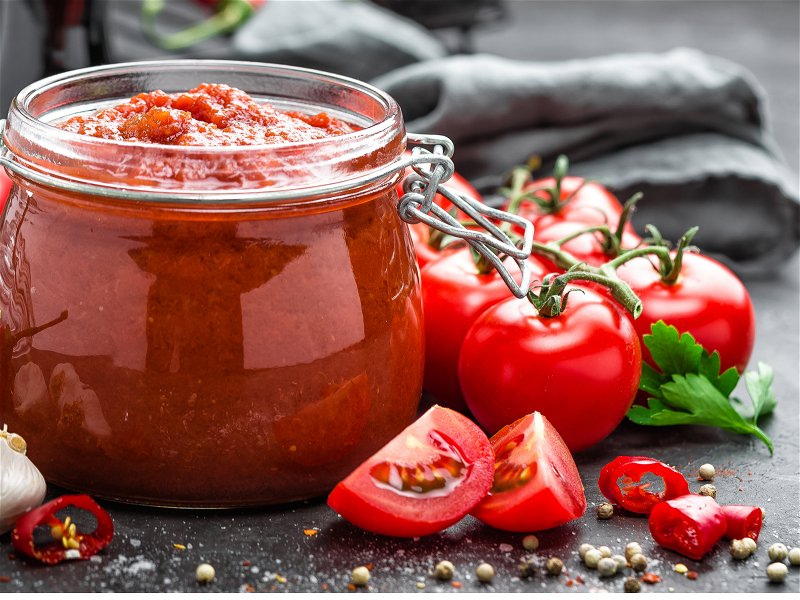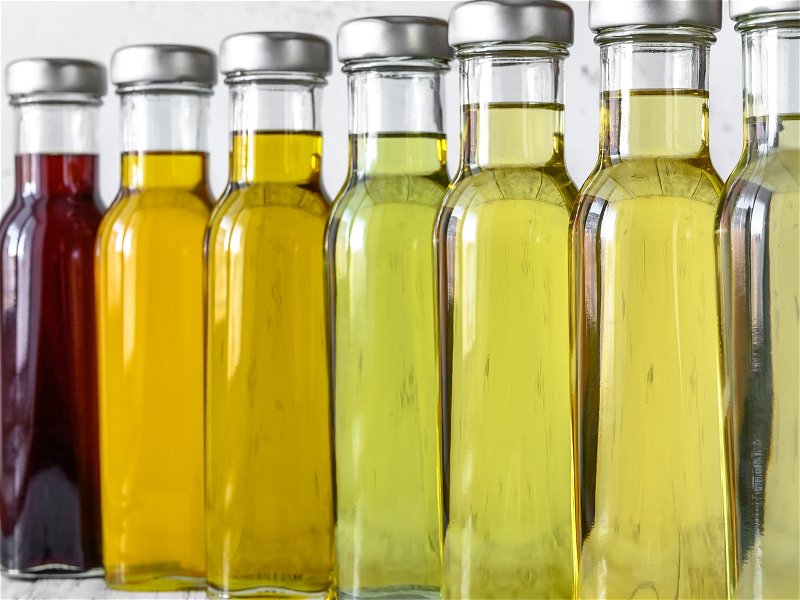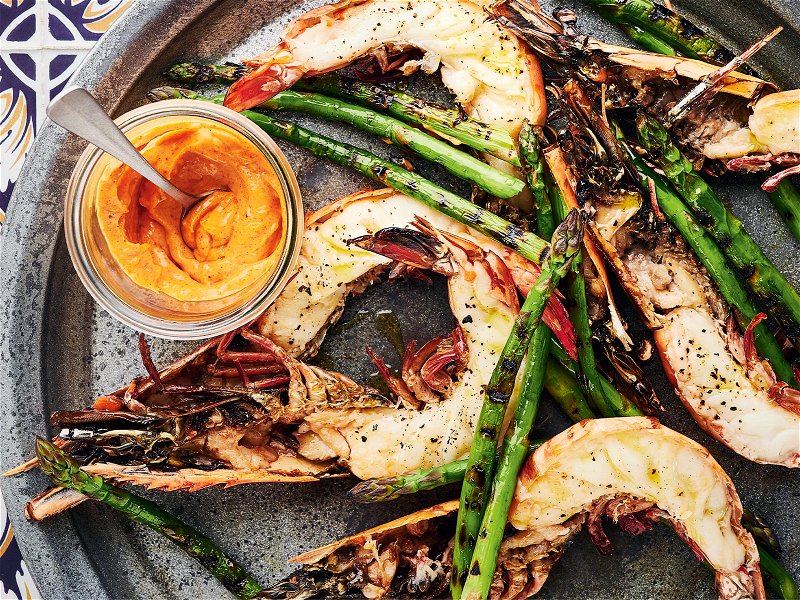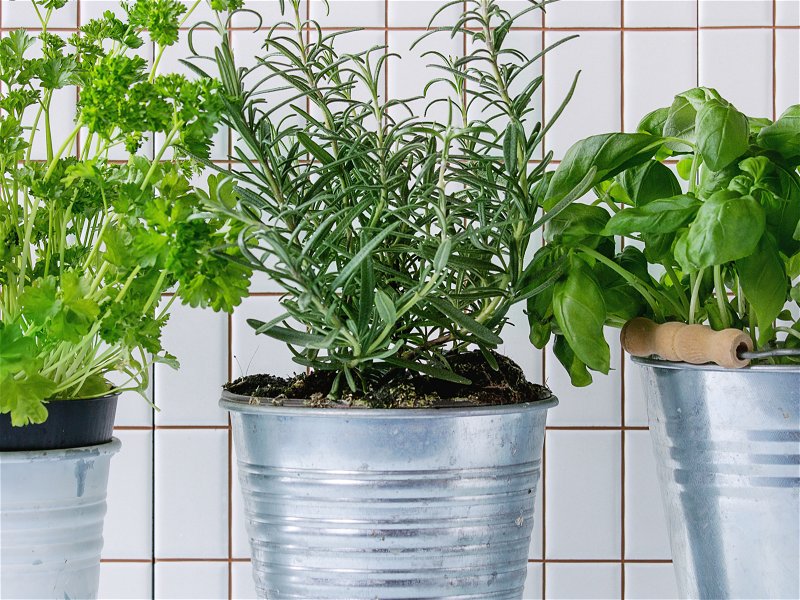Why Eggs Are a Miracle Ingredient
The egg is an all-purpose tool for gourmets, refining and defining more than a few classic dishes. We tell you everything you need to know about the oval miracle food.
What do a whisk(e)y sour, cream puff and hollandaise sauce have in common? Try making one of them without an egg – have fun failing! In the first case, an egg white gives the drink fine-pored, creamy foam and velvety texture. Feather-light cream puffs rise so fluffily in the oven thanks to eggs stirred into the choux pastry. And in hollandaise, egg yolk binds the liquid to the butter giving the sauce its characteristic creaminess. If you like, eggs are a saw, hammer and tongs all in one – the universal tool for all gourmet craftspeople.
No confectioner can do without them, no chef, no bartender can work without them; even winemakers sometimes need the help of the oval miracle cure. Traditionalists among them clarify their wines with egg whites, i.e. they use them to remove lees and tannins. (This can also be done without eggs and if non-animal products are used, the bottles may be labeled vegan. But that's just in passing).
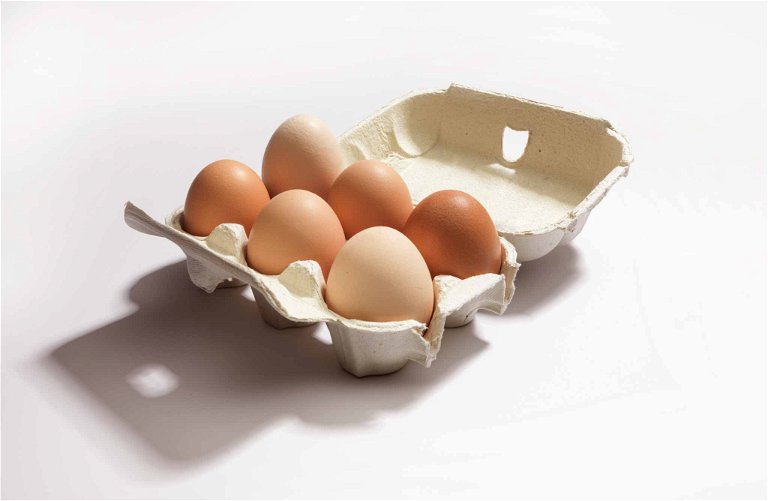
Eggs Globally
Eggs are also universal because there is hardly a region of the world in which they do not play a role. Sensational 'century eggs', sometimes called 'thousand year old eggs', originated in China but have become popular in many Asian countries. These are eggs, usually from ducks, that are soaked for weeks to months in a mixture of ash, burnt lime, spices and rice husks. Over time, the ingredients migrate through the shell and trigger a chemical reaction; as a result, the yolk and egg white turn dark, and the consistency changes to a gelatinous mass.
Skilfully arranged, this looks very aesthetic. They are also said to have health benefits; eggs are healthy anyway and contain many minerals and vitamins – the persistant rumour that they are the reason for high cholesterol levels has been refuted several times in renowned studies. As far as the taste of these 'hundred-year-old eggs' is concerned, however, opinions differ – at least outside Asia. Some love the spicy flavours, others are bothered by the ammonia notes.
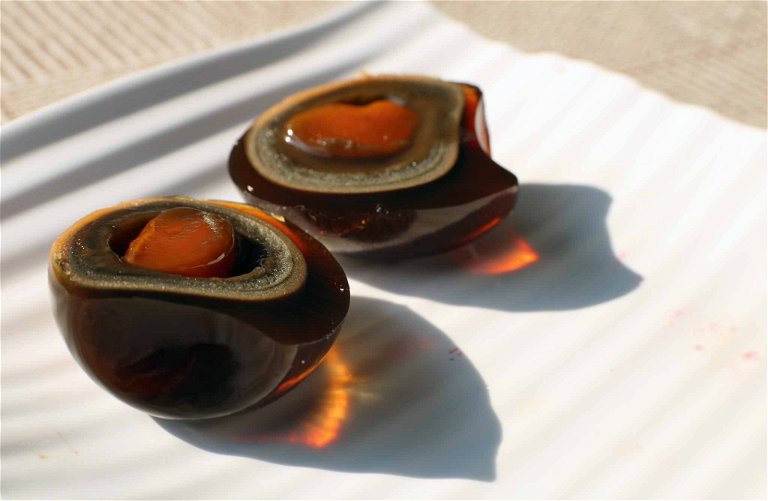
Eggs Benedict
More accessible are other cooking methods that have millions of fans around the world. The Israeli breakfast restaurant Benedict, for example, takes its name from one of the most popular ways of preparing eggs: When there's no pandemic, breakfast is served around the clock at their locations in Tel Aviv and Berlin – and it goes without saying that eggs are almost always involved, such as the eponymous Eggs Benedict, poached eggs with hollandaise sauce (tips for a successful hollandaise sauce as well as other egg-related tricks can be found here). Omelettes in all variations and pancakes are also on the menu.
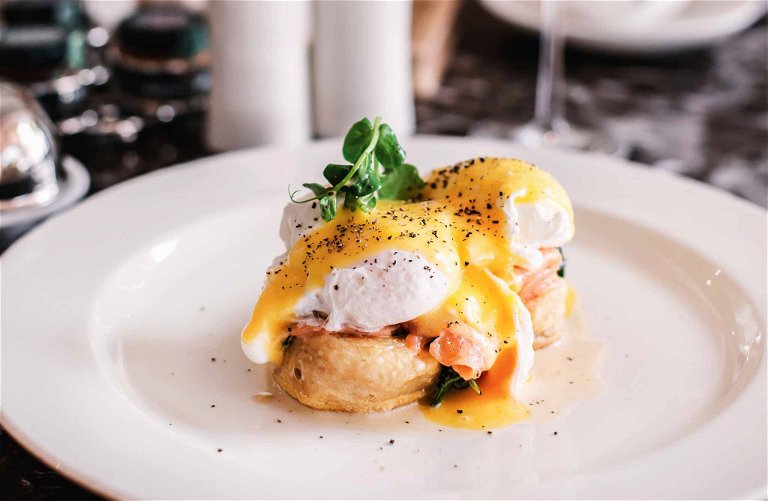
Both omelettes and pancakes turn out particularly light and fluffy if you add a blob of mayonnaise to the batter, says one of Germany's best chefs, Tohru Nakamura, a two-star magician from Munich who, thanks to his Japanese heritage, also loves Asian influences. For example, he sometimes uses an onsen egg for his dishes, which he cooks for an hour in a water bath at 63 degrees Celsius. The concept comes from the hot springs that are spread across Japan and are called onsen in Japanese. When eggs are cooked this way, the egg white and yolk slowly coagulate and become perfectly creamy and the egg literally slides out of the shell.
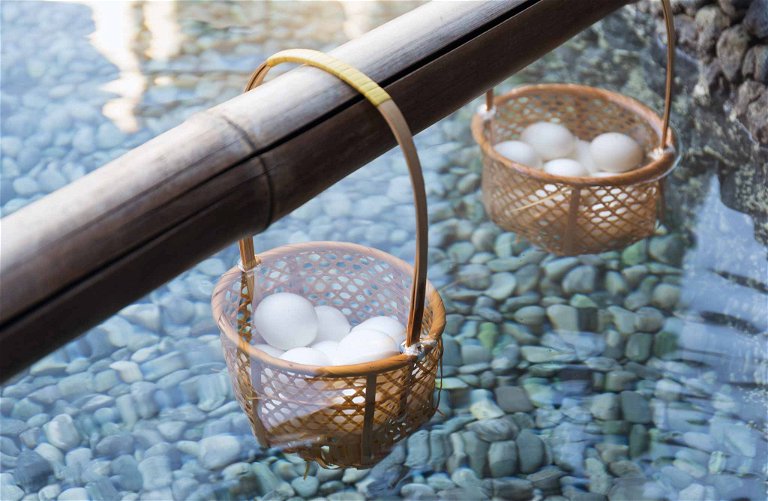
Moreover, Nakamura sometimes uses egg yolk as a seasoning by marinating it with salt and sugar and then grating it over cauliflower or fish. Torsten Michel, three-star chef at the legendary Schwarzwaldstube in Baiersbronn in southern Germany, sometimes crowns his mushroom compote with an egg yolk slowly cooked in clarified butter – that is the fine art of egg preparation.
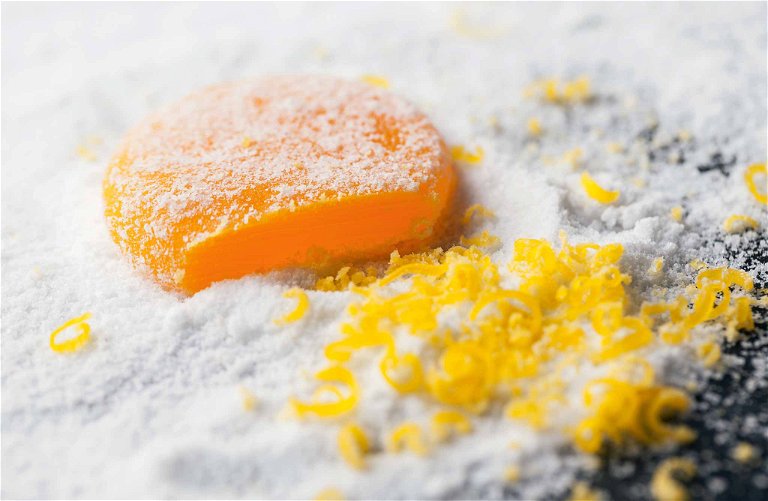
So, there is a reason why many trainee chefs must first fry an egg in the kitchen. A sensitive approach to heat is evident in what is supposedly the simplest dish in the world. Even a celebrity chef like Gordon Ramsay wasn't above tinkering with the perfect scrambled egg. His tip: whisk a knob of butter with the eggs in a cold pan and then heat slowly, stirring and taking them off the heat again and again, "like a risotto". By avoiding exposing the mixture to too much heat, the scrambled eggs will not become dry and crumbly. Ramsay also prevents this by simply adding a hearty blob of egg white just before serving and seasoning.
Working with eggs teaches you "humility before the product," Tohru Nakamura agrees. The chemical properties of eggs, whether they come from chickens, quails, ducks or geese make them a sought-after ingredient – especially during the Easter season – but they must be approached with care, for example, when they are used as an emulsifier to combine two originally immiscible liquids. Thanks to the abundant chemical compound lecithin, egg yolk is predestined for emulsifying fats and water-containing liquids, such as in hollandaise or mayonnaise.
But there's no need to be fearful, just follow one general rule: Temperature control is the be-all and end-all to ensure that all the ingredients are bound and the mixture does not fall apart. This applies to a carbonara just as much as to a parfait or a vanilla sauce. The critical point begins at around 65 degrees Celsius, which is why water baths, with their constant heat, or slow, controlled temperature increases are crucial and the best method. Fierce heat will only result in the mixture splitting or curdling.
Maximum Quality
Finally, one self-evident fact should not be forgotten: The freshness and quality of the basic product is of maximum importance and is, of course, closely related to its producer, the chicken. "I advocate not turning off your conscience at the checkout," says Tohru Nakamura. And Torsten Michel says, "You can really taste it when eggs come from free-range chickens raised organically." For some time now, initiatives have also been present that are dedicated to the protection of male chicks ('brother rooster'). In many places these birds are culled because they are useless for the egg industry. True connoisseurs think further than just the next egg.
